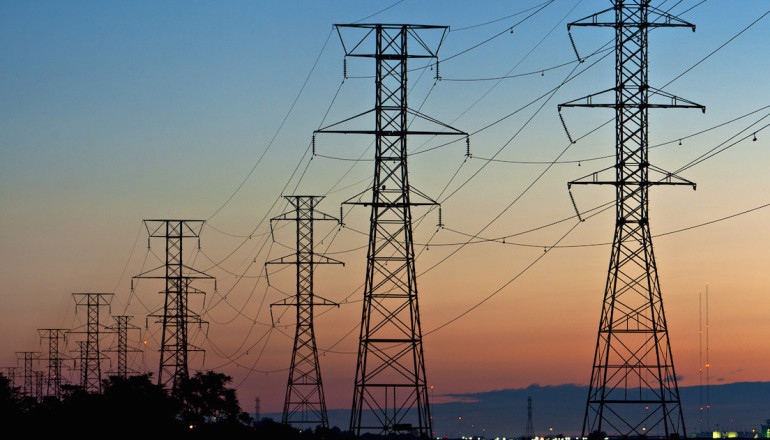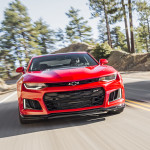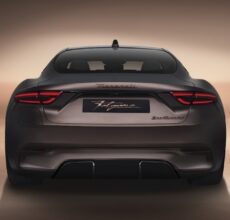Britain is planning to ban the sale of new diesel and petrol cars by 2040 to encourage going electric. That seems far enough into the future, but is there enough time to address needs and implement the changes?
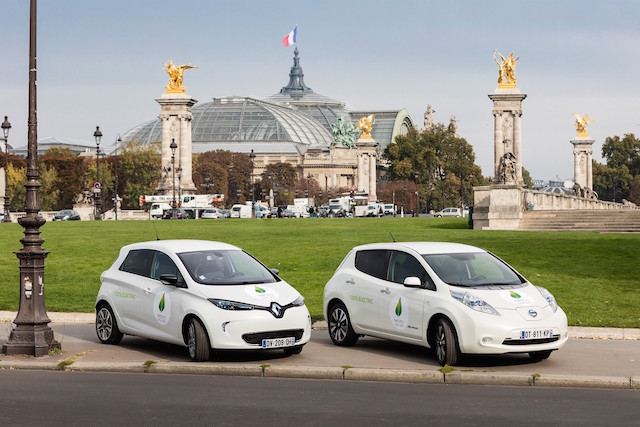
Renault Zoe and Nissan Leaf F in front of le Grand Palais in Paris
This is not just about Britain’s pioneering move to save the earth. It’s an insight into the kind of practical problems the whole world will face during the switchover from conventional vehicles to EV.
UK’s Environment Secretary is worried about the damage that petrol and diesel cars are doing to people’s health and the planet, just as he should be. Michael Gove has pointed out “There is no alternative to embracing new technology.” On the other hand, the Automobile Association has warned that the National Grid would be under pressure to “cope with a mass switch-on after the evening rush hour”. According to a National Grid report, peak demand for electricity could add around 30 Giga watts to the current figures of 61 GW – which is a whopping 50 per cent.
Some others warn that electric cars are still rather expensive and many are less practical than their conventional counterparts – just 4 per cent of new car sales in Britain are for electric vehicles and in most parts of the world, even less. And even if sales catch up with morals on the ground level, there are concerns about having enough charging points for the new generation of cars.
Putting things in perspective, the extra electricity requirement will be to the tune of almost 10 times the total output of the new Hinckley Point C nuclear power station being built in Somerset, UK. In simple math, this calls for 10 more such sources built in the next two decades or as the National Grid predicts, Britain will have to depend more on imported electricity.
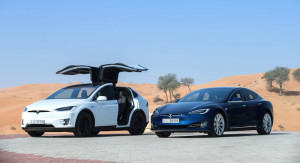
For the time being, the air quality strategy urges local authorities to first try to reduce emissions by retrofitting the most polluting diesel vehicles, changing road layouts and removing speed humps. Traffic signals are also being adjusted so that more vehicles can pass through without stopping at signals by sticking to the designated speed limit. A smoother flow of traffic will mean less chance for polluting emissions to hang around. Thought is being given to a ‘diesel scrappage scheme’ where people are compensated for trading in their polluting vehicles.
Now, these challenges are not Britain’s very own, but what the world will face sooner than later. But as Gove said, there is no evading it. It’s good to know, and be prepared for it. Preparation will take some time, it appears, even in terms of attitude. For, as per the pole on The Telegraph, just as the votes approached 10K last night, less than 30 per cent favoured a downright move to electric vehicles while over 40 per cent were for a free choice between conventional and electric vehicles while the rest maintained a ‘balanced’ view!
Featured image courtesy: Wall Street Journal / Stats and data: The Telegraph/Bloomberg

